Why Retailers Are Making the Push for Stronger Data Science and AI
Retail relies on what the customer wants and needs at that moment, no matter the size of the company. Making judgments without consumer input would probably work for a little while but will fall flat as soon as the business model becomes outdated. In today’s technology-run world, things can become obsolete in a matter of days or even hours.
Retailers are the businesses most in need of capitalizing on what the customer wants in real-time. They have started to use data science and information from the Internet of Things (IoT) to not only stay in business, but also get ahead of other brands.
Artificial intelligence (AI) adds a new layer by using modern technology. The details of why retailers want to use these new practices are a bit more specific, though.
Data Targets Audiences
By using current customer data compared to information from the IoT, retailers can learn more about their audience and find better means of targeting them. Demographics like age, location and many other factors could affect advertising and even shopping, not to mention holidays throughout the year an audience celebrates.
Websites also need to be customized to suit the target audience. Those that are mobile-friendly and focused on what shoppers want can increase revenue, but the wrong approach can drive away new and existing customers. AI can help companies understand that data and present it back to the customer seamlessly, providing different options for various audiences.
Customer Base Expansion
Customer success should mean business success, as well. Growing a client base is something data science can assist with. However, helping customers grow is another type of service few companies provide but all people appreciate. A business can expand by offering new products and services that are relevant to their audience through the use of data.
Once a company learns what current customers want and begin to fit their needs, it can expand to more audiences. With data science, a business can ensure it does so slowly to give more of what current customers want while also finding new ones. The data can tell what sort of interests they all share so companies can capitalize on the venture.
AI Helps Customer Service
AI helps out customer service on both ends. Employees don’t have to focus on common problems that could easily be resolved, and clients often walk away happier than if they were to speak to a real person. This doesn’t work for every problem, especially ones that are specific in nature, but they can assist with more common issues. This is where chatbots enter the stage.
An AI-supported chatbot can give immediate support, provide suggestions, answer direct questions and offer almost any other form of help needed. Customers get personalized attention, and businesses can work faster toward customer loyalty.
Again, speaking to a real person when they have problems is a big plus for customers, but not for issues they know could be resolved in the time it takes to wait on the line for a representative.
Supply and Demand
Price optimization has taken on a bigger role than it has in the past. Mostly, data science is looking at supply and demand in real-time rather than having price fluctuations occur months after the business loses money. Having the right price can also help create more promotions for products and services, rewarding loyal customers for their shopping.
The data has to be gained from multiple channels by using price optimization tools, which focus on using data correctly in a company’s favor. The information doesn’t just look at supply and demand, but also examines locations, times, customer attitudes, competitor pricing and many other factors. All these pieces of information can be delivered in real-time so prices can be changed accordingly.
Taking the Competition
The thing about data science is that businesses are already utilizing it to their full potential and getting more customers than ever. The only way to get ahead of the competition is to at least start using the tools they’ve had at their disposal for years.
Target was one such company that took up the data helm. During 2012 and 2013, it saw a pretty sizeable dip in sales, but its online sales went up by almost 30% during the same time.
Data and Retail
When running a retail business, especially one that’s branching off into a franchise, using data is imperative. Data science and AI have become extremely important to companies both big and small.
Applying it correctly can help enterprises of any size and in every industry take things to the next level.
Even if a company is just starting out, sticking the first landing with a target audience is a fantastic way to begin the adventure and find success.
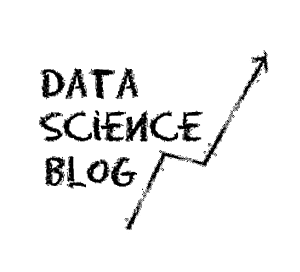

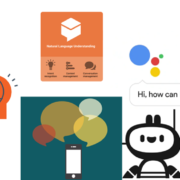
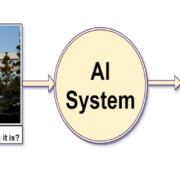
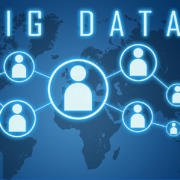
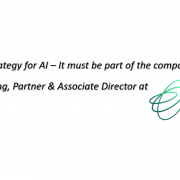

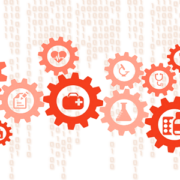


Leave a Reply
Want to join the discussion?Feel free to contribute!